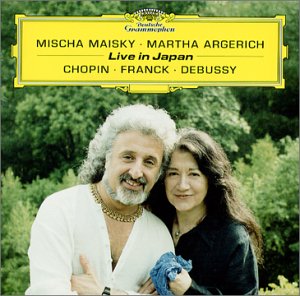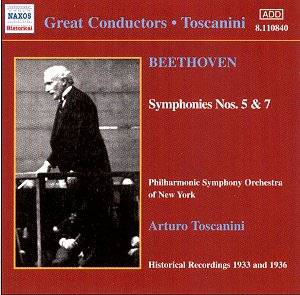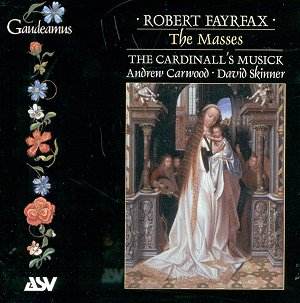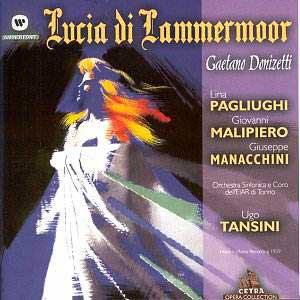 Composer: Frédéric Chopin
Composer: Frédéric Chopin
Works: Sonata for Cello and Piano in G minor, Polonaise brillante Op. 3; César Franck: Sonata for Violin and Piano in A major (cello transcription); Claude Debussy: Sonata for Cello and Piano in D minor
Performers: Mischa Maisky, cello; Martha Argerich, piano
Recording: Recorded at a concert in Kyoto, Japan, November 2000
Label: Deutsche Grammophon
Chopin’s Sonata for Cello and Piano in G minor, alongside the works of Franck and Debussy featured in this recording, presents a rich tapestry of Romantic expression, demanding an interpretation that balances emotional depth with structural integrity. Chopin’s late compositions, particularly his sonata, grapple with profound introspection, and the delicate interplay between cello and piano requires both players to forge a dialogue that respects the composer’s nuanced language. The recording captures an esteemed collaboration between Mischa Maisky and Martha Argerich, both of whom have historically been celebrated for their technical prowess and passionate interpretations.
However, the performance herein is marred by a lack of cohesive architectural vision. From the outset, the excessive tempo fluctuations in the Allegro moderato of the Chopin sonata disrupt the movement’s organic flow. Maisky’s approach, while aimed at heightened expressivity, often veers into an indulgent territory that sacrifices the work’s inherent structure. The Largo, intended to convey a serene lyrical quality, is rendered unrecognizable through a haze of self-indulgent phrasing. This lack of cohesion is echoed in the opening movement of Franck’s sonata, where the rhapsodic nature of the piece is undermined by a sluggish tempo that inhibits the necessary drive. The interaction between the cello and piano lacks the crispness and clarity that this work demands, leading to an overall performance that feels disjointed.
The engineering of the recording does provide a certain clarity, allowing listeners to discern the intricate dialogues between Maisky and Argerich. Yet, this clarity cannot compensate for the interpretative choices made. Argerich’s piano playing, while often brilliant, becomes overly percussive in the Allegro of the Franck, where the subtleties of touch are lost amidst exaggerated accents. Comparatively, previous recordings, such as the 1930 interpretation by Maurice Marechal and Robert Casadesus, highlight a more balanced approach to phrasing and tempo, offering a refreshing contrast that prioritizes the music’s structural integrity over personal display.
Turning to Debussy’s Sonata, the performance reveals both strengths and weaknesses. Maisky’s treatment of pizzicato passages, particularly during the third movement, diverges from the established norms of articulation, creating an unsettling effect that detracts from the work’s inherent flexibility. While there are moments of insight, the overarching tendency towards exaggerated interpretation often overshadows the music’s delicate nuances. The overall sound quality of the recording is commendable; yet, one cannot help but feel that the artists’ choices overshadow the works themselves, leaving listeners with a sense of missed potential.
This recording, while showcasing the undeniable talents of two celebrated musicians, ultimately falls short of delivering a compelling interpretation of the selected repertoire. The indulgent tendencies exhibited throughout the performances detract from the structural coherence and expressive depth that these works inherently possess. While there are fleeting moments of beauty and insight, they are overshadowed by a pervasive sense of self-indulgence. As such, this disc may serve as a curiosity for fans of Maisky and Argerich, but it lacks the necessary conviction and clarity to stand as a definitive recording of these masterworks.



